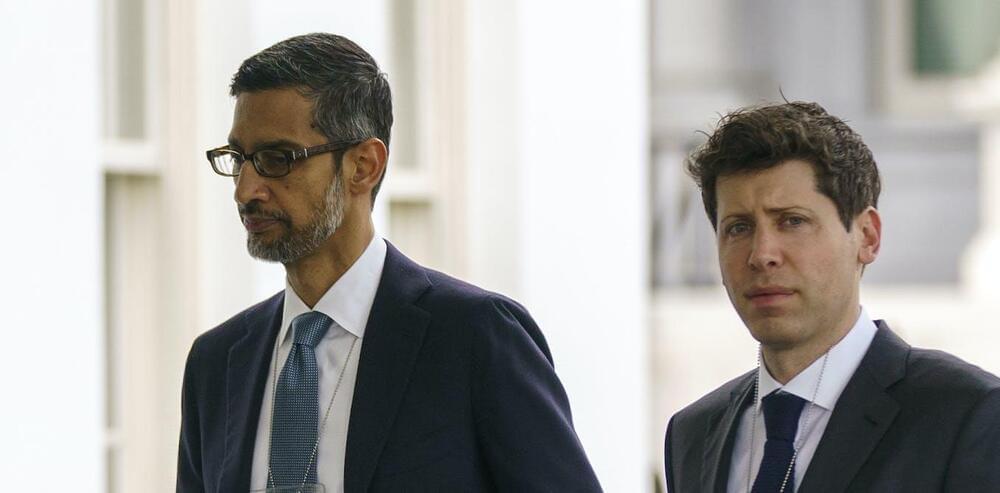Are democratic societies ready for a future in which AI algorithmically assigns limited supplies of respirators or hospital beds during pandemics? Or one in which AI fuels an arms race between disinformation creation and detection? Or sways court decisions with amicus briefs written to mimic the rhetorical and argumentative styles of Supreme Court justices?
Decades of research show that most democratic societies struggle to hold nuanced debates about new technologies. These discussions need to be informed not only by the best available science but also the numerous ethical, regulatory and social considerations of their use. Difficult dilemmas posed by artificial intelligence are already… More.
Even AI experts are uneasy about how unprepared societies are for moving forward with the technology in a responsible fashion. We study the public and political aspects of emerging science. In 2022, our research group at the University of Wisconsin-Madison interviewed almost 2,200 researchers who had published on the topic of AI. Nine in 10 (90.3%) predicted that there will be unintended consequences of AI applications, and three in four (75.9%) did not think that society is prepared for the potential effects of AI applications.
Who gets a say on AI?
Industry leaders, policymakers and academics have been slow to adjust to the rapid onset of powerful AI technologies. In 2017, researchers and scholars met in Pacific Grove for another small expert-only meeting, this time to outline principles for future AI research. Senator Chuck Schumer plans to hold the first of a series of AI Insight Forums on Sept. 13, 2023, to help Beltway policymakers think through AI risks with tech leaders like Meta’s Mark Zuckerberg and X’s Elon Musk.
